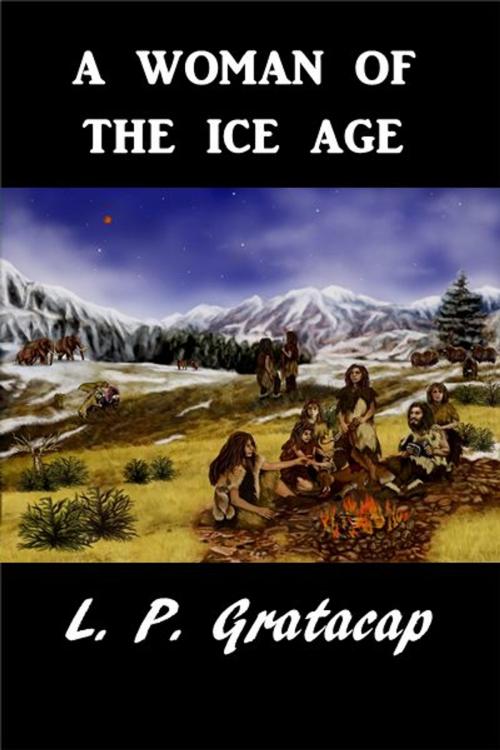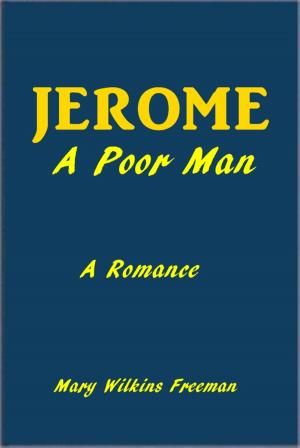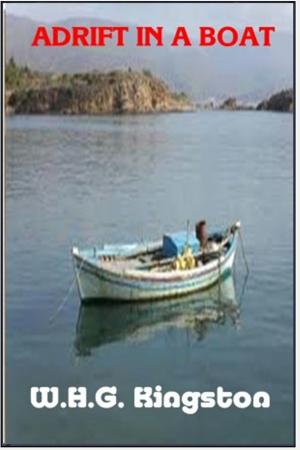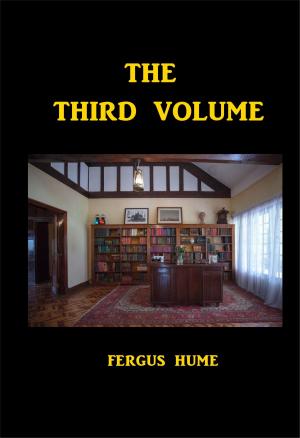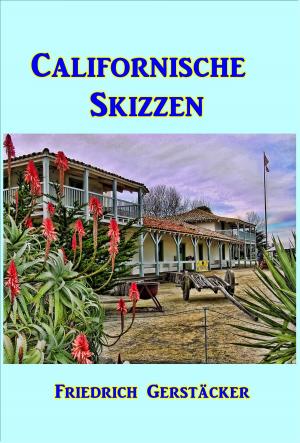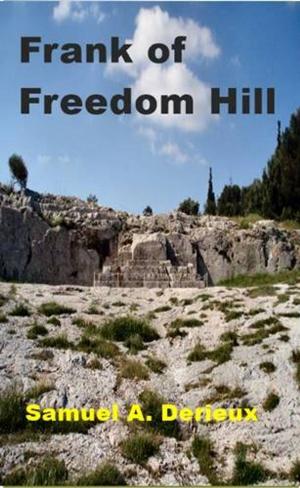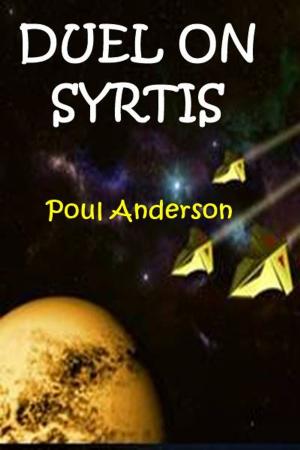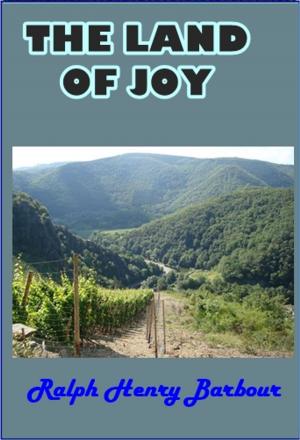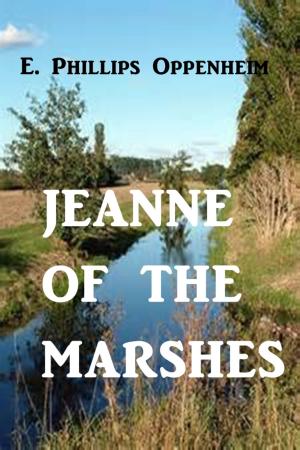| Author: | L. P. Gratacap | ISBN: | 1230002003962 |
| Publisher: | Green Bird Press | Publication: | November 13, 2017 |
| Imprint: | Language: | English |
| Author: | L. P. Gratacap |
| ISBN: | 1230002003962 |
| Publisher: | Green Bird Press |
| Publication: | November 13, 2017 |
| Imprint: | |
| Language: | English |
A Woman of teh Ice Age, by L. P. Gratacap
It is with the story of Love, told of these strange and remote periods of Time, that we are now concerned, and we place the Woman of the Ice Age far in the West, somewhere not exposed to the extreme arctic vicissitudes of a glacial imprisonment, although not quite beyond the rumors and tokens of its partial survival, nor quite within the lassitudes of a southern and perennial summer, but at a possible point of such picturesque contrasts, of such organic fascination, of such compromises in physical expression, that we may discern in her the elements of poetry, elements born of her response to Nature’s vitality and variousness, and with them elements of passion born of her inheritance of blood instincts, which had formed in her ancestors, under the same diversity of natural features. In Her, prehistoric and primal, the type of all women since, we shall find the instinct of love, evincing its supremacy over her nature, holding her before the mirror of her own vanity, rousing her to the extremest verge of her emotional design and activity, nursing her on the breast of its satisfaction, and filling her life with the currents of its amorous expectations.
A Woman of teh Ice Age, by L. P. Gratacap
It is with the story of Love, told of these strange and remote periods of Time, that we are now concerned, and we place the Woman of the Ice Age far in the West, somewhere not exposed to the extreme arctic vicissitudes of a glacial imprisonment, although not quite beyond the rumors and tokens of its partial survival, nor quite within the lassitudes of a southern and perennial summer, but at a possible point of such picturesque contrasts, of such organic fascination, of such compromises in physical expression, that we may discern in her the elements of poetry, elements born of her response to Nature’s vitality and variousness, and with them elements of passion born of her inheritance of blood instincts, which had formed in her ancestors, under the same diversity of natural features. In Her, prehistoric and primal, the type of all women since, we shall find the instinct of love, evincing its supremacy over her nature, holding her before the mirror of her own vanity, rousing her to the extremest verge of her emotional design and activity, nursing her on the breast of its satisfaction, and filling her life with the currents of its amorous expectations.
